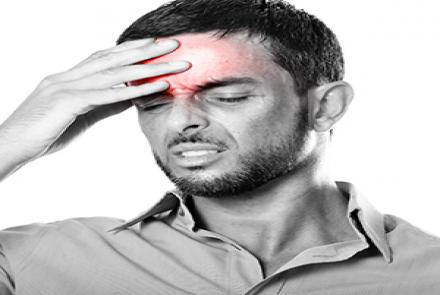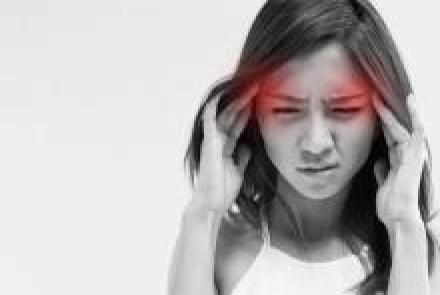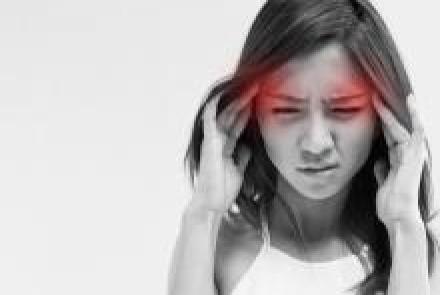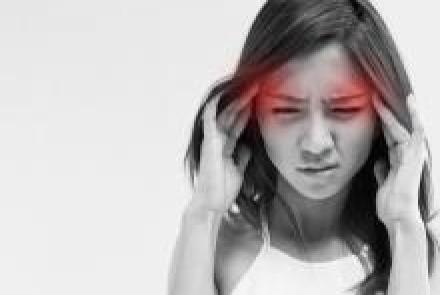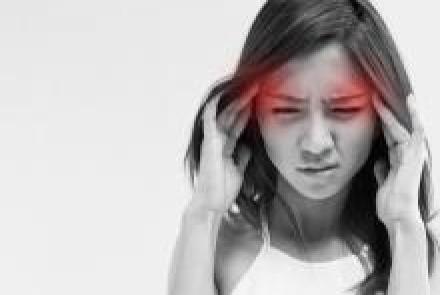Says Shirin Merchant, India’s pioneering canine behaviourist and trainer, while talking about assistance dogs, a relatively new concept in India, where dogs are specially trained to perform a range of tasks to assist individuals with disability.
How and when did you become a canine behaviourist and trainer?
My journey as a dog trainer and behaviourist started in 1995.
What is an assistance dog and what is it trained to do?
It is very difficult for an able-bodied person to imagine the…
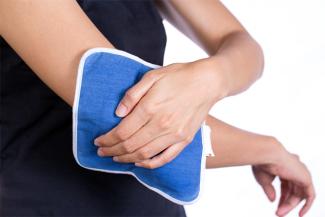
Are you confused as to when to use Ice Pack and when to use Heat to deal with pain, injury and inflammation? This infographic below sums it up quite simply.
According to Dr. Bhuvaneswari, a quick guideline to follow is:
Ice pack is preferred if it is a recent and acute pain episode especially injury which may be a blood clot, muscle tear or tendon tear. For instance most sport and exercse injuries.
Heat or warmth for Chronic pain with stiffness, especially joint related pain as in Arthritis.
And watch out for Paraffin wax treatments. They can cause burns as well.

For the options of heat and ice packs and other tips, refer to the full article at https://health.clevelandclinic.org/2014/08/should-you-use-ice-or-heat-for-pain-infographic/amp/
Changed
02/Nov/2017





